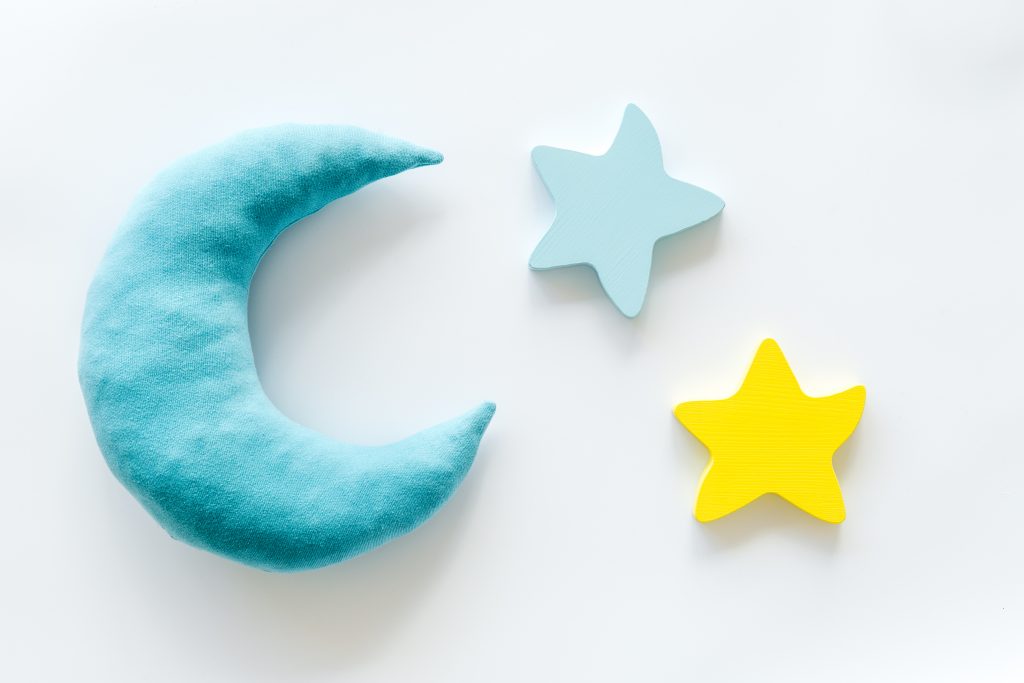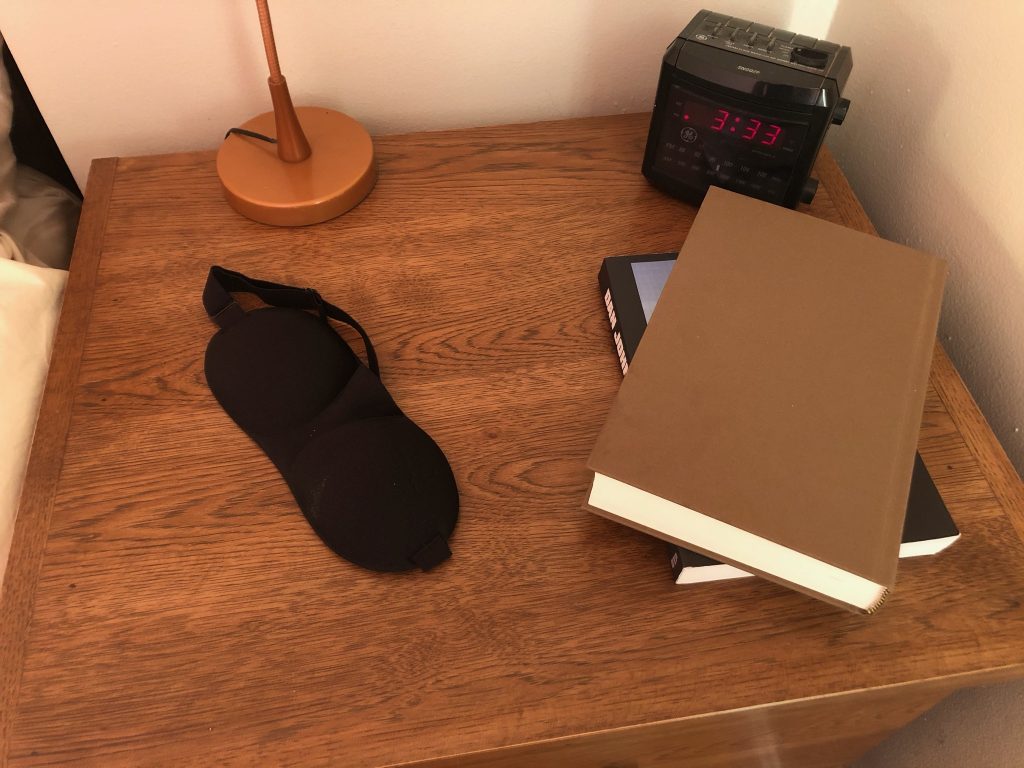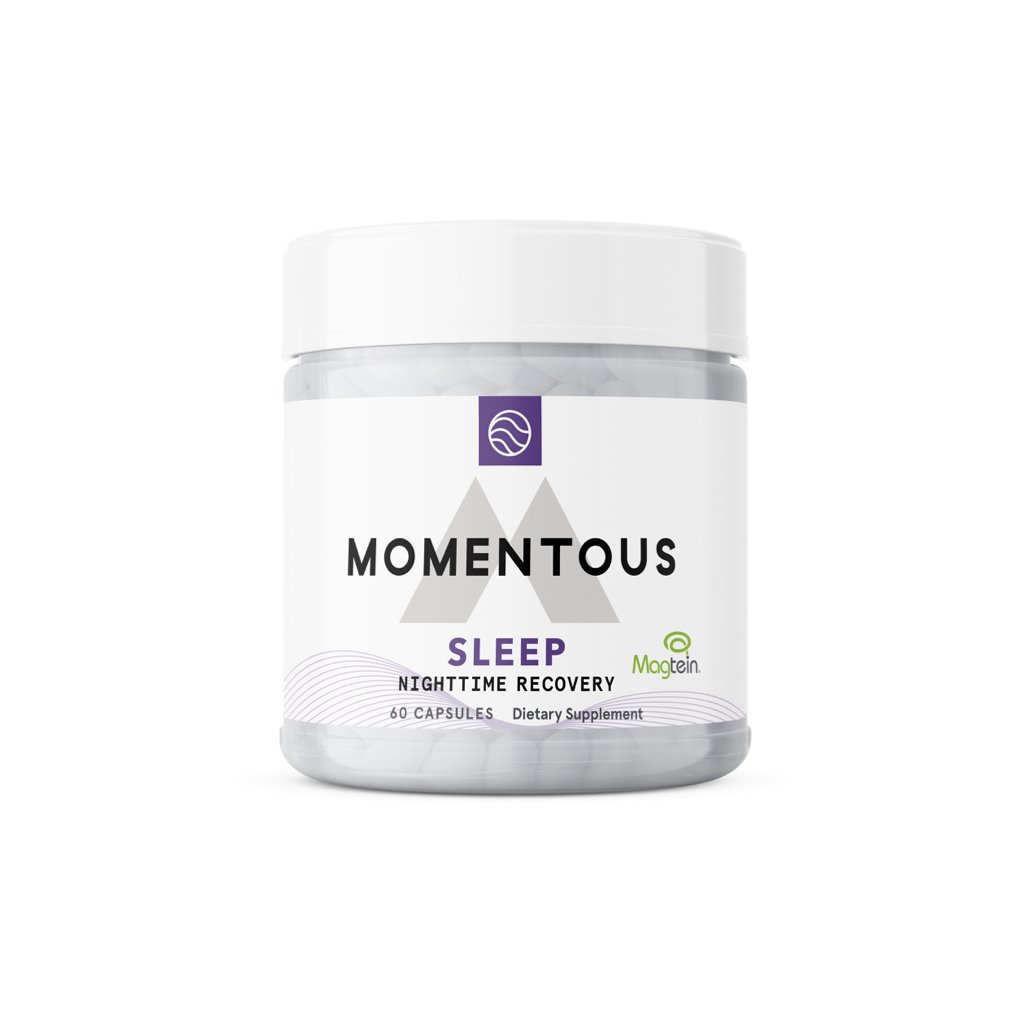Full Disclosure: I’m an awesome sleeper. I’m awesome at a lot of things – deadlifting, eating eggs, throwing a vicious split-finger fastball, the board game Stratego, coloring – but sleeping is my jam.
My wife often jokes that my side of the bed is my version of the Fortress of Solitude. As soon I’m horizontal I’m like “don’t talk to me” and I’m asleep 49 seconds later.1
To that point, I’m married to someone who isn’t a great sleeper. I’ve learned over the years that, in addition to my wife, some people, including clients of mine, aren’t good sleepers and that often times it behooves us to troubleshoot a few sleep hygiene tactics to see if we can nudge them towards a few more zzzzzz’s (<— see what I just did there?).
I get it: Sleep it not a sexy topic to write about. It ranks somewhere in between the Kreb’s Cycle and smoothie recipes featuring celery.
That said, ample sleep is crucial for a bevy of reasons – especially if you’re interested in getting bigger, faster, or stronger – and if you’re someone who has a hard time with it I hope this article, co-authored by both myself and my wife, Dr. Lisa Lewis, will help.

Seriously, Go to Bed
Tony
We live in Boston.
It’s not mid-town Manhattan, but busy nonetheless, and not devoid of your traditional city ambiance. You know, an orchestra of honking horns, construction everywhere, and drunk college students woo-hoo’ing at odd hours in the night.
Sleep can be a challenge sometimes.
That said, outside the general shittyness of traditional city chaos, it’s not uncommon for me to mutter to myself “go to bed” even if I hear someone shout for their Uber at 6:30 at night. I’ve grown quite cantankerous at 43.
Go to bed.
It’s my go to response to everything.
– “I feel awful/tired/sick.”
Go to bed.
– “I’m not making progress in the gym; I feel weak.”
Go to bed.
– “Tony, do you want steak or chicken tonight for dinner?”
Go to bed.
Encouraging people, particularly my clients, to get more sleep is something I am always aiming to highlight. More often than not, I find, lack of progress has less to do with adopting the latest fitness fad – keto, Jade eggs, gluten free, deer antler hand cream – and more to do with going to freakin’ bed.
Routine is paramount, and is something Lisa highlights in more detail below. For this reason, I always get a kick whenever I am training my high-school athletes and I tell them I start my bedtime magic mode around 8:30 PM.
Based off their facial reactions you would have thought I told them I grew up on Mars.
Truth be told I’ve always been an early-to-bed kind of guy.
In high-school I was consistently in bed by 9 PM.
The same could be said when I was in college; although change 9 PM to 10-11 PM, or if I were living life dangerously, maybe midnight.2.
And even now, as an adult, bedtime hovers around 9 PM…
…and it’s all because I stick to a routine.
But let’s let Lisa chime in.
Lisa
Despite the recommendation that adults sleep 7 to 9 hours per night (1), only 65% of Americans report hitting that mark (2). Getting less than six hours of sleep a night, on a regular basis, is bad news, and is linked to all kinds of negative health outcomes, specifically:
“… weight gain and obesity, diabetes, hypertension, heart disease and stroke, depression, and increased risk of death. Sleeping less than 7 hours per night is also associated with impaired immune function, increased pain, impaired performance, increased errors, and greater risk of accidents (p. 591).”
That’s bad.

But sleeping is awesome! It’s good for you, AND it feels fabulous! So what is the problem?
Why are so many of us sleep deprived?
In a word, life.
Longer working hours, balancing family and work, media and the internet, amazing TV, stress, anxiety, depression, substance abuse, and the Night Owl’s insistence that if they go to sleep, they’ll miss something (never understood that one, but to each their own).
Additionally, folks are stressed out, anxious, and/or depressed.
The National Institute of Mental Health reported that approximately 18% of the adult population will suffer from an anxiety disorder in a given year, and that more than 6.5% of the population will suffer from depression (3). Add the commonality of high stress lifestyles, and you’ve got a culture that’s worn down, strung out, and in need of a good night’s sleep.
But sleep is almost always negatively impacted by stress, anxiety, and depression.
So, whether you’re looking to treat anxiety, depression, or stress, to get stronger or leaner, be happier and healthier, or just be a functioning human being, you need 7+ hours of quality sleep under your belt every night. If you have trouble, here are some quick and easy tips for improving sleep hygiene:
- Use your bed and bedroom for sleeping and sex, nothing else.
(Note from Tony: BOM CHICKA BOM BOM)
- Make your bedroom dark, cool, and quiet.
- Use earplugs, an eye mask, and/or white noise if needed.

Tony’s bedside table. Pictured are his superhero eye mask and current books he’s reading.
- Avoid caffeine after noontime.
- Avoid alcohol 6 hours before bedtime.
- Avoid screens (laptop, tablet, phone, TV) before bedtime.
- Create a bedtime ritual (this may include moisturizing, journaling, sex, meditation, and/or other relaxing activities).
(Note From Tony: My normal routine is to turn on both the fan and white noise machine and then grab one of my books and start reading. I’m lucky if I make it past four pages.)
If you’ve tried these interventions but still have trouble, you may have considered medications, supplements, aromatherapy, or banging your head against the wall. However, with so many options, it may seem overwhelming to research and then try something new.
In addition to being familiar with insomnia as a counselor and a psychologist, I also have plenty of personal experience. Since becoming a mom and an LLC, my thoughts, to-do’s, and concerns about the future can make it hard to get to sleep, and more importantly, to stay asleep. During busy and particularly stressful times, I’ve awoken after two to four hours of sleep, and have been unable to return to sleep for three or four hours.
And once there’s one bad night of sleep, a negative pattern can develop, and night after night of tossing, turning, tea-drinking, and deep-breathing leads to exhaustion, grumpiness, and mental-fogginess.
Tony
After trying some cognitive behavioral techniques for insomnia, meditation, and melatonin for Lisa, we felt there was “nothing left” for her to try but heavy duty sleep medication…
But then!
We found a supplement that has not “cured” her, but has helped her improve her sleep habits and the overall quality of her sleep on a consistent basis. Thanks to this once-at-bedtime pill, she can stay down once she’s fallen asleep, and if she does wake up, can return to sleep after 10-20 minutes, as opposed to three to four hours.
What is it?
Momentous Sleep

I was sent a bottle a few months ago to try out. But, admittedly, because I don’t suffer from insomnia or ever have any real issues falling (or staying asleep) I don’t use it as frequently as Lisa.
This isn’t to say, of course, I don’t dabble. I mean, we do live with a toddler.
I’ll alternate between Momentous Sleep or one of my other “go to” sleep supplements: a stack of Z-12 and ZMA (Zinc/Magnesium).
It just kinda matters what I’m in the mood for.
The former, though, does include Magnesium and melatonin, and I have noticed an even smoother transition to bedtime magic mode whenever I take it.
Go check it out here —-> www.livemomentous.com.
And to that end, the people at Momentous have been kind enough to offer $20 OFF any order of $50 (or more) on their site to any of my readers who may be interested in trying their products (they have several).
All you have to do is enter the code GENTILCORE20 (does not have to be all caps) when prompted to do so at checkout. If you’re someone who, despite all your best efforts to improve your sleep hygiene, still has a hard time falling (or staying) asleep…this may be an option to consider.
References
- Watson, N.F., et. al. (2015). Recommended amount of sleep for a health adult: A joint consensus statement of the American Academy of Sleep Medicine and Sleep Research Society. Journal of Clinical Sleep Medicine, 11, 591- 592. https://aasm.org/resources/pdf/pressroom/adult-sleep-duration-consensus.pdf.
- Liu, Y. et. al. (2019). Prevalence of healthy sleep duration among adults – United States, 2014. MMWR Morb Mortal Wkly Rep, 65, 137-141. https://www.cdc.gov/mmwr/volumes/65/wr/mm6506a1.htm#suggestedcitation.
- National Institute of Mental Health (2014). National Comorbidity Study Replication, https://www.nimh.nih.gov/health/statistics/any-anxiety-disorder.shtml.



